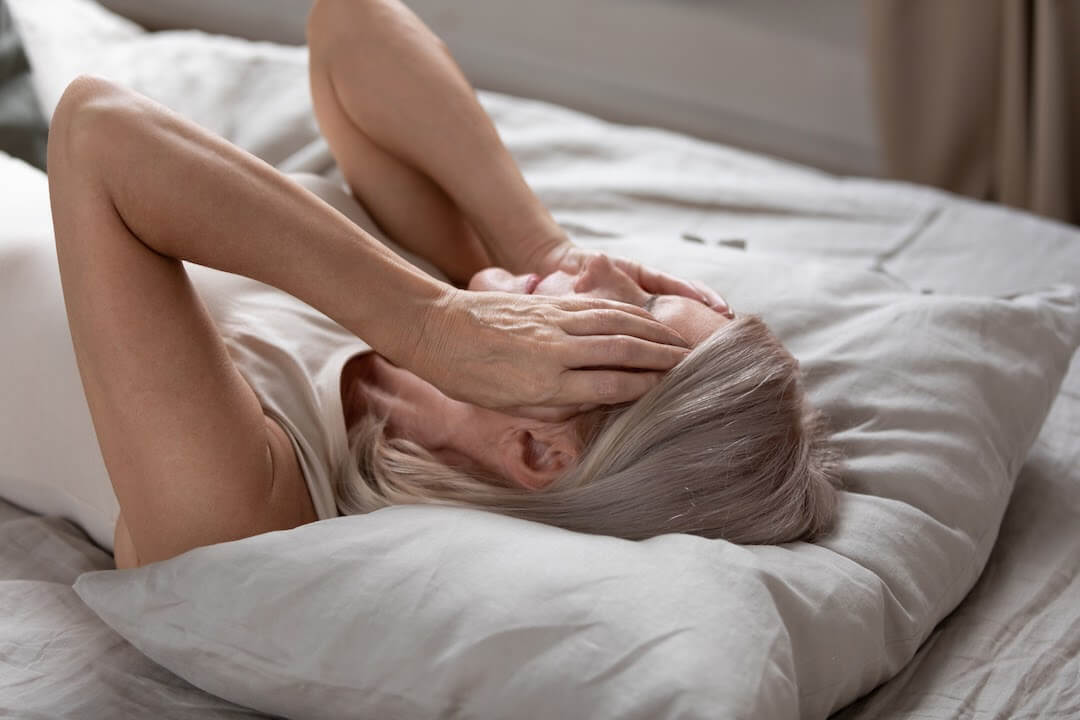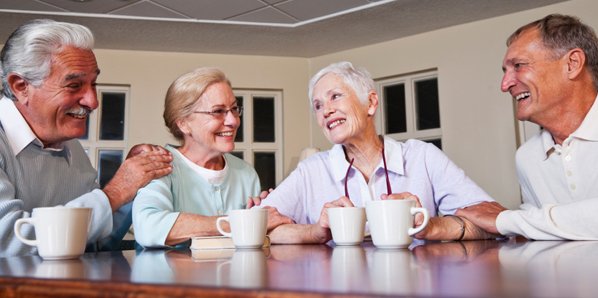Sleep deprivation is a product of the modern era. What first comes to everyone’s mind before going to bed is to avoid blue light with a host of products; These include blue light filtering glasses or apps on your phone and computer to change the tone of your screen at night.
Don’t Ignore Light During the Day
However, people are ignoring the changes in light during the day. Due to industrialization, most workers are working indoors with artificial lighting and not the sunlight humans were once accustomed to start their day with. Thus, people should also be aware of the consequences of the lack of light during the day.
Ultimately, this is a compounded effect where humans in the modern age are not sufficiently adhering to light schedules at any time of the day to that of the hunter-gatherer era. During the day, people aren’t receiving enough sunlight to trigger they should be awake and active while during the night individuals fill their rooms with light and relax next to screens from a tv, phone, or computer.
Impact of Modern Light on People Now
Of course, there are differences between humans now and humans from over 10 millennia ago. However, a recent study proves modern light cycles have a drastic effect on sleep for people living in current times. It was quite ingenious — the researchers took the participants on a camping trip. For weeks, the participants had no exposure to artificial light and strictly had sunlight as their only source of light.
The study revealed that the participants gained about 2 hours of sleep when they were placed in the setting with only sunlight instead of artificial light. All of the participants’ sleep cycles shifted earlier but it was a more drastic shift for night-owls. The sleep routine for night-owls actually became similar to the sleep patterns of early-risers. This suggests that lighting in the modern era has a large impact on everyone but a greater effect on night-owls
Temperature is Another Key Factor
Additionally, people often forget another key factor for sleep— temperature. Just like an increase of light signals our bodies to wake up, so does an increase in temperature. That is how people in the hunter-gatherer age woke up before the sun rose. According to WebMD, the body’s temperature drops 1-2 degrees fahrenheit when we fall asleep. That’s why it is easier to fall asleep in a cooler room than a hot room. In the modern day, heating and air conditioning also prevent our bodies from feeling the drop in temperature when the sun sets.
Night Shifts and Health Disparities
Another product of industrialization is the creation of night shifts. The Center for Disease Control (CDC), National Toxicology Program (NTP), and International Agency for Research on Cancer (IARC) acknowledge night shifts disrupt peoples’ circadian rhythm and increase their risk for cancer. Unfortunately, this disproportionately affects different racial groups. White workers are more likely to start their shifts during typical hours (6 a.m.- 10 a.m.), while Black and Latino workers are more likely to begin during the night shift (midnight- 5 a.m.). A map from a CDC study demonstrating high cluster areas of people having short sleep durations reveals Native American reservations are also disproportionately impacted.
Impact on Dementia
Unfortunately, lack of sleep causes many health concerns including dementia. Sleep allows for our brains to remember what we learned throughout the day. However, sleep also importantly prepares our minds to learn and clears waste and debris like amyloid-beta through our glymphatic system. The buildup of amyloid-beta is a key indicator of Alzheimer’s disease and dementia. A study by Harvard Medical School showed people above the age of 65 years old who slept less than 5 hours a night are twice as likely to develop dementia or die 5 years later.
Conclusion
Fortunately, there are some ways to improve your sleep and prevent the development of dementia. As detailed in the rest of this article, you can increase light and temperature during the day while also dimming lights and lowering the heat at night to help you sleep better. On the other hand, large systemic changes regarding night work in America need to take place in order to address racial disparities in regards to sleep and dementia.
Resources
https://www.prb.org/resources/a-demographic-profile-of-u-s-workers-around-the-clock/







